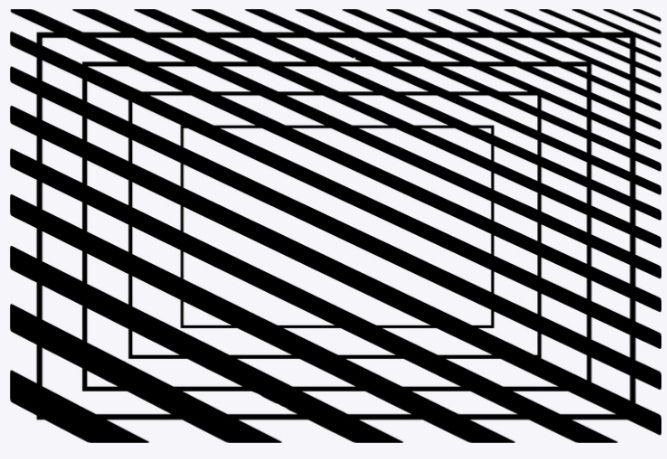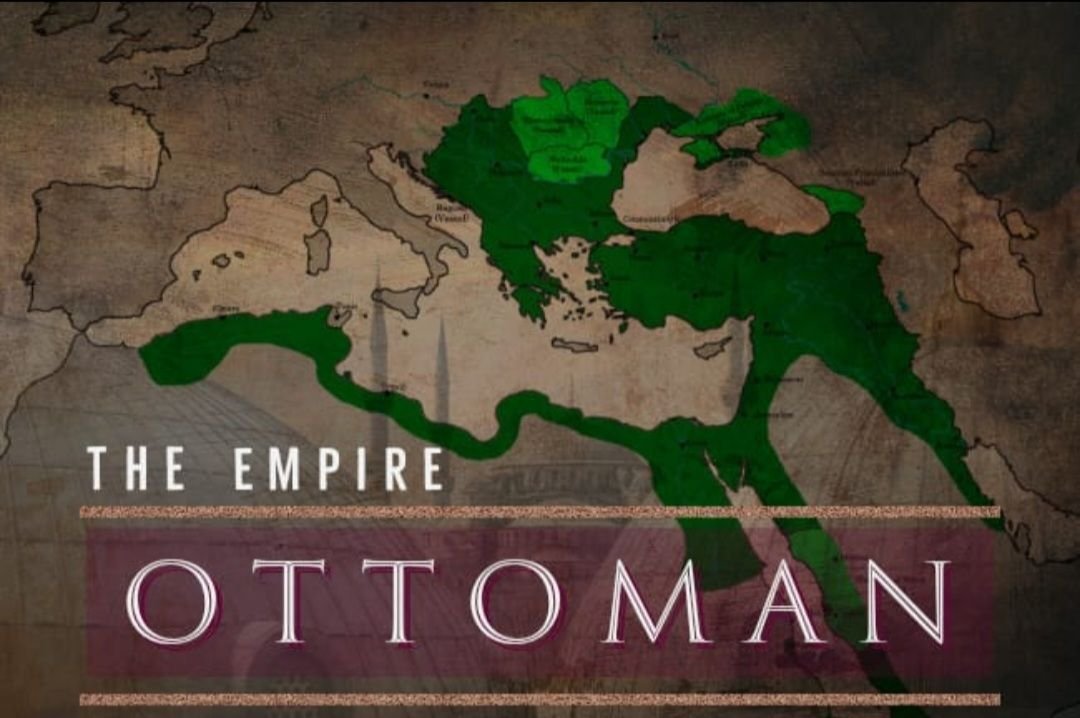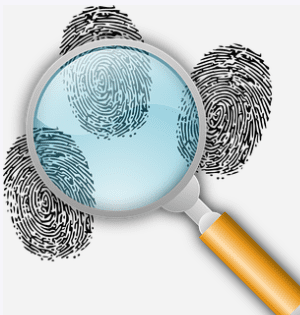We have a bone to pick with Amir Bohbot at Jerusalem Post
In The Name of Allah, The Most Merciful, The Bestower of Mercy.
Allah, The Exalted, said:
وَلَا تَلْبِسُوا الْحَقَّ بِالْبَاطِلِ وَتَكْتُمُوا الْحَقَّ وَأَنتُمْ تَعْلَمُونَ
And mix not truth with falsehood, nor conceal the truth while you know (the truth). [Al-Baqarah 42]
Imam Ibn Al-Qayyim, may Allah have mercy upon him, said:
He (Allah) prohibits mixing truth with falsehood and concealing (truth). Mixing truth with falsehood is to confound truth with falsehood until one of them is confused for the other, and from this (results) deception, fraudulent maneuver, and cheating whose underlying reality contradicts the outward appearance. Similarly, when the truth is cloaked in falsehood, the perpetrator manifests falsehood in the image of truth and utters a wording that carries two meanings—a correct meaning and a false one, thus the listener may mistakenly think that the perpetrator intended the correct meaning, while his actual intent is falsehood. This is Ijmaal Fil Lafdh [general, unrestricted wording (or speech)]. As for ambiguity in meaning, it can manifest in two ways; one of which is truth while the other is false; its correct intended aspect is misconstrued, thus its intended meaning becomes false. The basis of Bani Adam’s misguidance lies in general wordings and ambiguous meanings, particularly when they encounter confused minds; so how about when accompanied by vain desires and fanatism? Therefore, ask the One (Allah) Who keeps the hearts steadfast to keep your heart steadfast in the religion He has ordained, and not allow you to fall into this darkness. [1]
He, may Allah have mercy upon him, also said:
“If the speaker falls short in his clarification and addresses the listener with vague terms that may encompass various interpretations, and the listener remains uncertain of the intended meaning; if this arises from the speaker’s inability, the listener is given from the speaker’s inability rather than his intent. If the speaker possesses the ability and he does not do so while it is obligated to him to do so, he gives the listener from his evil intent”. [2]
Shaikh Al-Islam Ibn Taymiyyah, may Allah have mercy upon him, said:
“It is incumbent that the expression conveys the intended meaning through the appropriate terminology. Should the term be explicit or evident, the objective is achieved. However, if the term possesses dual interpretations—one valid and the other erroneous—the intended meaning must be clarified. In instances where the term suggests a flawed interpretation, it should only be employed with an explanation that mitigates any potential misunderstanding. Furthermore, if the term may mislead certain listeners into grasping an incorrect meaning, it should not be used if it is known to carry such implications, as the primary aim of communication is clarity and understanding. Conversely, if the term accurately reflects the intended meaning but some individuals remain unaware of its significance without any negligence on the speaker’s part, the responsibility lies with the listener, not the speaker”. [3]



According to the above information provided by Amir Bohbot, the Zionist Administration under Netanyahu has supplied weapons to this group. Nonetheless, regardless of the claims made about this group, their interactions with the Zionists, and their stance against Hamas—whether these claims are accurate or not, whether there is a mix of truth and falsehood in the narrative, or whether certain aspects are exaggerated or misrepresented—there remains a lack of clarity regarding the true nature of the group. This ambiguity may stem from a misunderstanding of their situation, or from a perception that contradicts their actual reality. Furthermore, the writer may grasp certain elements about them, despite evidence suggesting otherwise, or may hold a belief that is at odds with another perspective that he considers equally plausible. Ultimately, it is widely recognised that the Zionists have in the past employed one group to counter another group, similar to their utilisation of Hamas against another political group. Read here: https://abuiyaad.com/w/hamas-israeli-right
Nonetheless, our primary issue with Amir’s article does not pertain to the actions of the Zionists in manipulating one group against another. Instead, our principal concern lies in a statement that reveals Amir to be either a malicious distorter of facts or someone suffering from a profound ignorance, particularly in his use of the term “Extremist Salafi Groups.” This is due to the fact that Salafiyyah embodies neither extremism nor negligence. Rather, those inaccurately labeled as Salafi while simultaneously being categorised as extremists are, in reality, the kharijite terrorists and bloodshed perpetrators, including ISIS, Al-Qaeda, Jabhat An-Nusra, Al-Shabab, Boko Haram, and the terrorist factions operating in the Sahel Region of Africa, among others. These organisations have no affiliation with Salafiyyah. Therefore, Amir, writing for the Jerusalem Post, should either pursue a deeper understanding of Salafiyyah or choose to remain silent, as Imam Sufyan Ibn Uyaynah, may Allah have mercy upon him, stated:
“Silence adorns the scholar and conceals (for) the ignorant person”.
“Adorns the scholar”, meaning: It is an adornment for him, for when he speaks, he speaks based on knowledge, and when he remains silent, he remains silent based on knowledge. “And conceals (for) the ignorant person”, meaning: Through his silence, his ignorance does not manifest, whereas when he engage in discussions about issues of knowledge, his ignorance becomes evident. Had he remained silent, he would have been safe and secure. [4]
Therefore, it is essential to explore the details found in these websites by Shaikh Abu Khadeejah and Shaikh Abu Iyaad, may Allah safeguard them, in order to gain an understanding of Salafiyyah.
https://abukhadeejah.com/what-is-salafism-and-salafiyyah/
https://abukhadeejah.com/category/books/what-is-salafiyyah/
http://salafis.com/authors/Abu.Iyaad.cfm
https://abukhadeejah.com/a-response-to-western-academics-who-categorise-salafis-into-quietists-politicos-and-jihadists-and-why-this-is-a-false-categorisation/
Upon reviewing the information on the aforementioned websites, it will be as evident as the midday sun that the label of extremism cannot be attributed to Salafiyyah. Instead, the groups Amir should have explicitly mentioned are the Takfiris or Haddadis. However, Amir is either merely a slanderer of Salafiyyah or someone deeply entrenched in ignorance, pretending to possess knowledge about what Salafi truly is, in an attempt to be regarded as knowledgeable in this area. The Messenger, peace and blessings of Allah be upon him, said: “The one who pretends that he has been given what he has not been given, is just like the (false) one who wears two garments of falsehood.” [5]
Abdullah Ibn Mas’ud, may Allah have mercy upon him, said: “O people fear Allah! Whoever amongst you has knowledge of something, he should speak based on what he knows; and whoever does not know, he should say, ‘Allah knows best”. This is because it the best of knowledge for one of you to say, ‘Allah knows best’ regarding things he has no knowledge of. Indeed, Allah, The Most High, said to His Prophet, peace and blessings of Allah be upon him: [قُلْ مَآ أَسْـَٔلُكُمْ عَلَيْهِ مِنْ أَجْرٍ وَمَآ أَنَا۠ مِنَ ٱلْمُتَكَلِّفِينَ – ”Say (O Muhammad): No wage do I ask of you for this (the Qur’aan), not am I one of the Mutakallifun (those who pretend and fabricate things which do not exist). [Q: 38;86]
And Allah knows best
[1] As-Sawaa’iq Al-Mursalah 3/927
[2] As-Sawaa’iq Al-Mussalah 2/503
[3] As-Sawaa’iq Al-Mussalah 2/503
[4] https://www.al-badr.net/muqolat/5559
[5] Sahih Al-Bukhari 5219

















